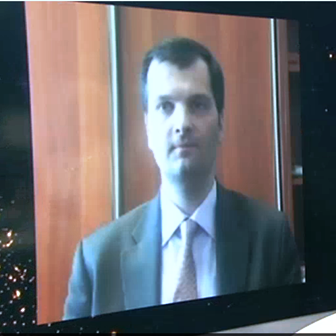(Seminar) Recep Tayyip Erdogan in Turkey. Rodrigo Duterte in the Philippines. Narendra Modi in India. When leaders with authoritarian inclinations gain power in longtime democracies these days, they are frequently compared with Russia’s President Vladimir V. Putin. In the United States, Donald J. Trump even invited the comparison himself, complimenting the Russian leader during his presidential election campaign as exemplifying strong leadership.
To be sure, while Putin the man is certainly one of a kind, the broader political phenomenon he represents is not. In fact, Putin is not even the true pioneer of ‘Putinism’ within the former USSR. Political systems much like Russia’s today could be found in places like Kazakhstan, Kyrgyzstan, or Azerbaijan as early as the 1990s, when Putin was but an out of work bureaucrat still unable to find a niche in Moscow.
Even within Russia itself at that time, when the country was teeming with competitive political life and shutting it down seemed unimaginable, travellers beyond Moscow could easily find pockets of territory where charismatic strongmen ruled by tactics very similar to those Putin wields today. These were usually not Communist era holdovers. Research, in fact, has found that former communist regional secretaries generally made poor post-Soviet strongmen, roles requiring more innovation and versatility than Russia’s old guard could usually muster.1
Instead, Putin is both the product of a particular style of politics and its master practitioner, a style growing out of deeply rooted features of society that Russia shares with many countries of the world, especially outside Western Europe and North America – explaining why so many westerners have been so slow to understand it.
These features of society, which I call patronalism in my academic work,2 essentially boil down to the centrality of personal connections (as opposed to impersonal procedures or institutional rules) when it comes to getting almost anything done. When large-scale political mobilization happens, it almost always does so through some kind of extended, hierarchically organized chains of actual personal acquaintance. […]
Read More © Seminar (India)











